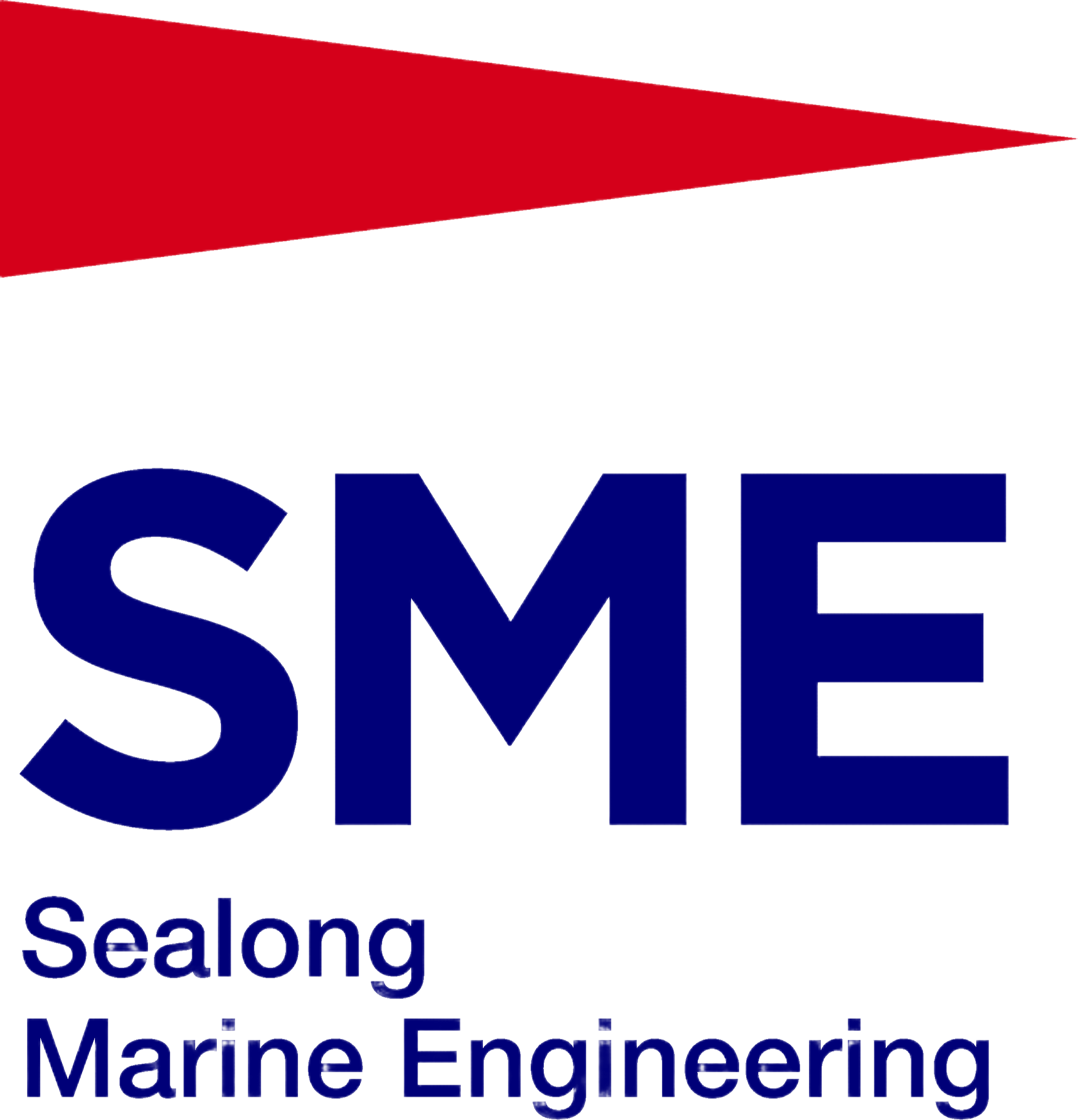How ICCP Systems Protect Metal Structures from Corrosion ?
Ships hulls, gas and oil platforms, and any metal structure in the sea are in a constant danger of corrosion since salt water is a very effective electrochemical mediator of metal dissolution. One of the products of marine anti-corrosion solutions, ICP systems of Sealong Marine Engineering Group(SME), will be able to resist against this damage. They are the systems, which are based on the regulated electrochemistry reactions, and which are aimed at preserving the metallic surfaces in such a way that marine property are able to retain their structural integrity in the long-term. Here we elaborate on how the ICCP systems are enabled to work and the significant protective provisions it is based on which are rooted in the experience of SMEs.
1. The Science behind ICCP: Reversing the Electrochemical Process of Corrosion.
Metal is used in the salt water as the anode and releases its electrons, and rusts away. The ICCP systems of SME disrupt this process by exerting a controlled exogenous current to convert the ionic state of the metal structure to cathodic, in which the state is momentarily passive (no corrosion can happen.) Anode, DC power supply and Reference electrodes would be the basic components of the system. The power supply drives low voltage current into the anodes using water bypassing the natural response of the anode and cathode of the metal structure and drives the metal structure to take electrons instead of giving electrons. Reference electrodes capable of real-time analysis of electrochemical potential of the test water, on competitive skills and objects of over/under protection offered an originality of design conception directed at antiseptic principle by Sealong Marine.
2. Individually Customized Anode Placement of Full-Structure coverage.
ICCP systems of sealong marine eliminate protection gaps by ensuring that anodes are placed specially by marine structure geometries. In the case of ships, one will fit mounted anodes in the underwater section of the hull to ensure that the currents are spread appropriately. In offshore target structure where the target structure is offshore, anodes may be mounted on underwater legs or jacket structures and the spacing between the anodes chosen depending on the water depth and current direction. This customized aspect averts the propensity of local corrosion that is most prevalent in one-size-fits-all systems through a satisfactory cathodic cover to each and every inch of a metal surface.
3. Real Time Monitoring and Adaptive Current Control.
Active vs Passive Unlike passive CP systems that require replacement frequently SME ICCP Solutions real-time monitoring offer adaptive control and securing assets with the greatest possible coverage over the years. The system reference electrodes detect the potential of the structure relative to the surrounding water at any point in time, should an increased corrosion susceptibility be experienced (i.e. by variation in water salinity or temperature), an automatic change of current output occurs through DC power supply. This flexibility provides credible security in any kind of shifting seawater circumstances (e.g. coastal water to salt oceanic water). Additional tools to systems added by SME, but not yet implemented, include remote monitoring to allow operators to observe the performance and solve problems without spending much time on marine assets maintenance.
4. Structural Longevity and Long-term cost savings.
The ICCP systems offered by SME is ultimately of the long term benefit to the Marine owner, wherein it counteracts the corrosion at its earliest electrochemical origin. Corrosion repairs are also both costly and time consuming as they frequently place ships out of commission over weeks. The other more traditional anti-corrosion solutions would have a much shorter time span of repair and maintenance: ICCP ship hulls would decay after 5-10 years between extensive anti-corrosion treatments. Maintenance in overhead subsea equipment in oil platforms is even more infrequent. Moreover, the system is cost effective that it, it uses less energy and no maintenance that can be deployed as alternative to the passive protection systems. Operators are concerned with the life of the assets and operational efficiency of the equipment, the ICCP systems of SME present solutions industrious corrosion prevention.
At the technical level, ICCP systems created by the SME is a progressive step in anti-corrosion of the vessels taking into consideration scientific accuracy, customization and intelligent automatic control to ensure that metal constructions are not corrupted by saltwater. Our systems will prevent corrosion by attacking the cause of corrosion namely electrochemical in such applications thereby providing security to boats and thus making them a safer, efficient and long lasting marine object.
Table of Contents
- How ICCP Systems Protect Metal Structures from Corrosion ?
- 1. The Science behind ICCP: Reversing the Electrochemical Process of Corrosion.
- 2. Individually Customized Anode Placement of Full-Structure coverage.
- 3. Real Time Monitoring and Adaptive Current Control.
- 4. Structural Longevity and Long-term cost savings.

 EN
EN







































